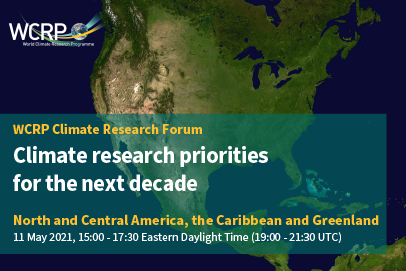A selection of new science articles from the past week of interest to the SPARC community (a SPARC Office choice).
The Influence of Stratospheric Soot and Sulfate Aerosols on the Northern Hemisphere Wintertime Atmospheric Circulation. By J. Coupe and A. Robock in the Journal of Geophysical Research: Atmospheres.
‘Hybrid’ scientific conferences aim to offer the best of in-person and virtual meetings. By K. Langin in Science Careers.
Central role of nitric oxide in ozone production in the upper tropical troposphere over the Atlantic Ocean and western Africa. By I. Tadic et al., in Atmospheric Chemistry and Physics.
The nature of the trend in global and hemispheric temperatures. By U. Triacca and A. Pasini in the International Journal of Climatology.
Discussion papers – open for comment:
Methodology to obtain highly resolved SO2 vertical profiles for representation of volcanic emissions in climate models. By O.S. Sandvik et al., in Atmospheric measurement Techniques.

